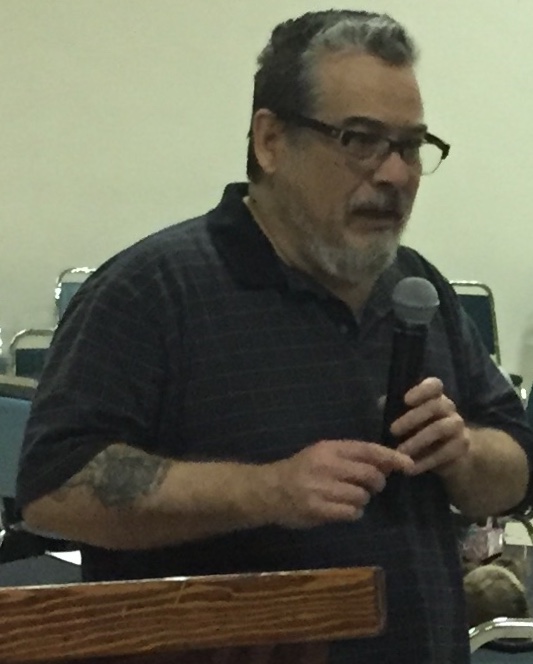The Coalition of Indigenous Peoples of Saskatchewan held its annual general meeting in Prince Albert on Saturday and Sunday.
CIPS is an organization for off-reserve Indigenous people.
One of the main topics of discussion was the Liberal government’s Bill S-3, which will make major changes as to how status is determined under the Indian Act.
The bill, which has passed all stages and is awaiting royal assent, seeks to eliminate the 1951 cut off for eligibility for registration, give First Nations more authority in determining status and end gender-based discrimination under the existing act.
Congress of Aboriginal Peoples Vice-Chief Kim Beaudin says the bill stands to significantly increase the number of people who will have status under the Indian Act in Canada.
“They say the numbers, right now, is just under a million and they say the numbers could increase to two million,” he says. “A big number people are talking about is three million. But I believe it’s closer to halfway, two-and-a-half million, but yeah they’re looking at two-and-a-half million.”
Beaudin says there will be challenges putting Bill S-3 into effect such as allocating enough government resources to ensure those gaining new status receive full benefits under the Indian Act.
He also says some CAP members are leery about giving elected First Nations leadership too much power in determining who attains status because of the politics that could be involved.
However, Beaudin says overall the organization views the new legislation as a positive thing.
“Yeah they should have done this years ago,” he says. “They started out in 1985 under Bill C-31 and then 2010/2011 they started under C-3 and now this term under S-3 and that should have happened many, many years ago.”
The Liberal legislation is in response to a previous court case.
At the AGM, John Hanikenne was also re-elected as president of CIPS.
(PHOTO: Coalition of Indigenous Peoples of Saskatchewan John Hanikenne. Photo by Fraser Needham.
